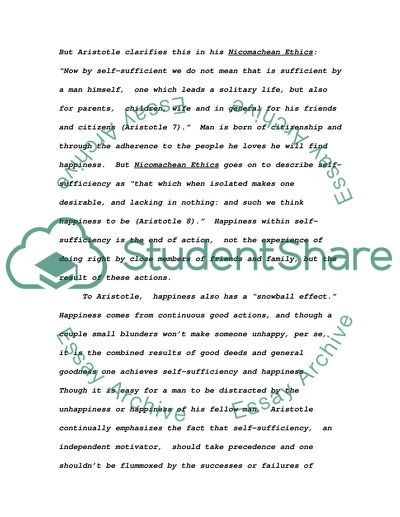Cite this document
(The Significance of Aristotelian Philosophy Case Study, n.d.)
The Significance of Aristotelian Philosophy Case Study. https://studentshare.org/philosophy/1552103-aristotle-and-relationships-at-work
The Significance of Aristotelian Philosophy Case Study. https://studentshare.org/philosophy/1552103-aristotle-and-relationships-at-work
(The Significance of Aristotelian Philosophy Case Study)
The Significance of Aristotelian Philosophy Case Study. https://studentshare.org/philosophy/1552103-aristotle-and-relationships-at-work.
The Significance of Aristotelian Philosophy Case Study. https://studentshare.org/philosophy/1552103-aristotle-and-relationships-at-work.
“The Significance of Aristotelian Philosophy Case Study”. https://studentshare.org/philosophy/1552103-aristotle-and-relationships-at-work.


